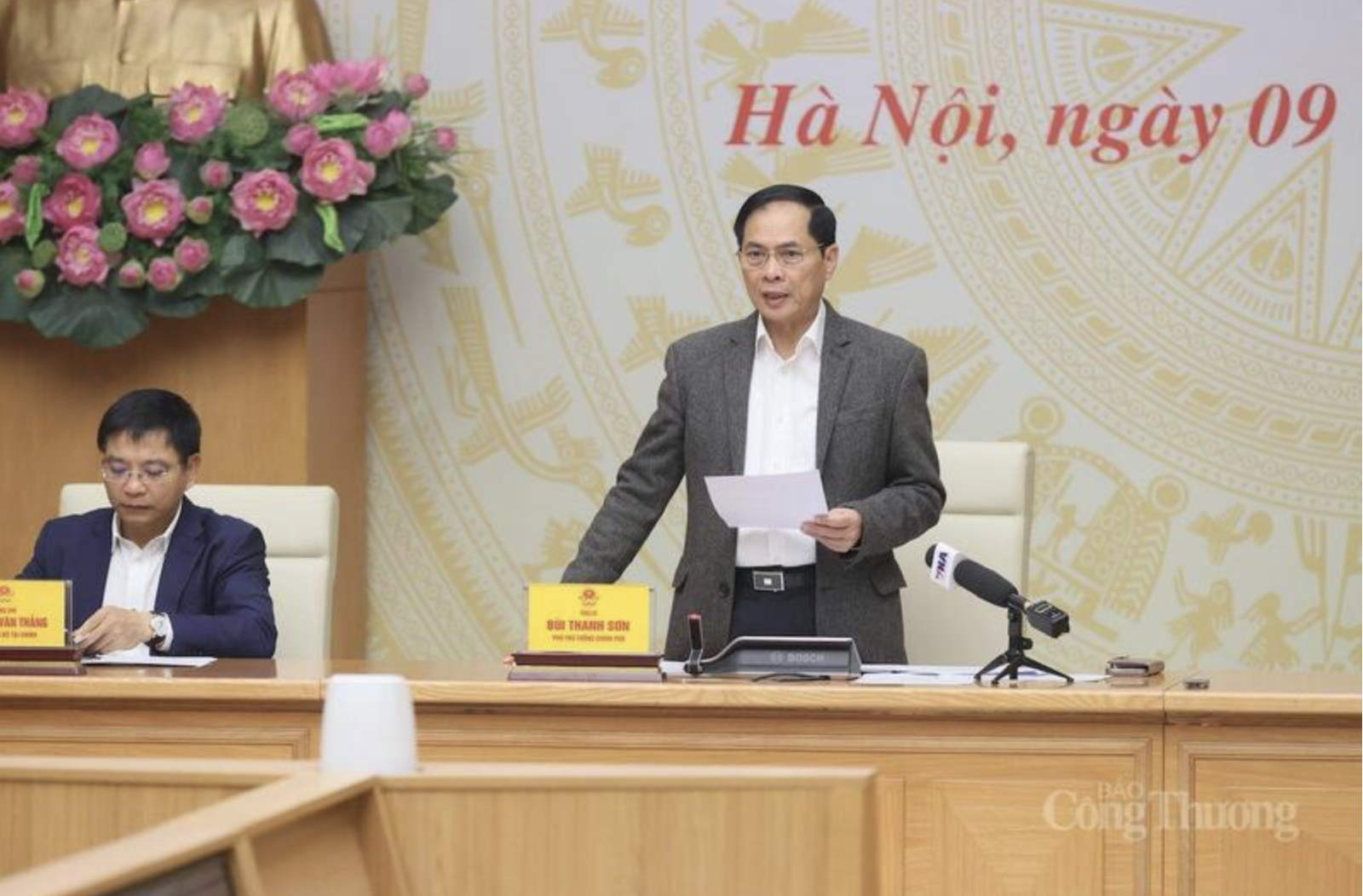
Deputy Prime Minister outlines nine tasks against smuggling and trade fraud
19:05 | 23/03/2025 16:58 | 09/01/2026News and Events
In recent years, Vietnam continued to be highly appreciated by international investors for its open FDI policies, improved investment environment, abundant labor force, and large consumer market. Joseph Uddo, Chairman of AmCham Hanoi and General Director of AES Vietnam, a company with direct investment from the US that has invested billions of dollars in Vietnam’s energy sector, said, “We see tremendous opportunities when investing in Vietnam.” He added that these opportunities come from Vietnam’s stable economic growth, increasing production and electricity demand. Additionally, Vietnam’s population of 100 million people, its hardworking and intelligent workforce, and business-friendly environment attract investors.
Highly appreciating the investment environment in Vietnam, Takeo Nakajima, Chief Representative of the Japan External Trade Organization (JETRO) in Hanoi, said that Vietnam attracts Japanese companies for low labor costs, abundant and high-quality workforce, as well as favorable business environment promising growth opportunities.
Sharing this opinion, Liu Yang Wang, General Director of Solex High-Tech Industries Vietnam Co., Ltd., said that the company had surveyed many Southeast Asian countries and decided to choose Quang Ninh Province to invest in a manufacturing plant.
Although Vietnam is being evaluated as an attractive destination for foreign investors, economists believe that competition in attracting FDI is becoming increasingly fierce. This competition is not only among countries receiving investment, but also between investment-receiving countries and “investment-exporting” countries.
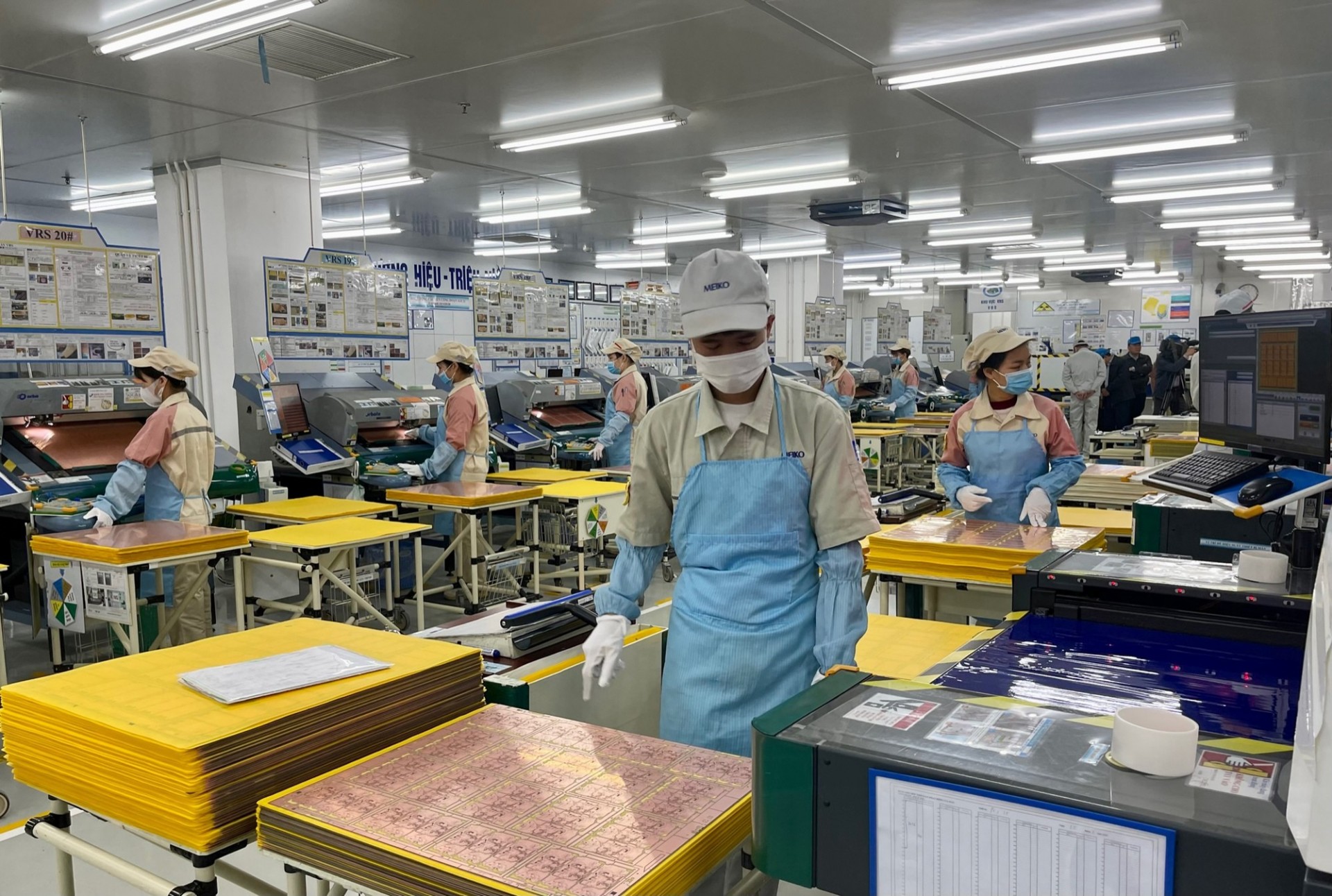 |
| Vietnam’s business and investment environment attracts foreign investors - photo: VGP |
Professor Nguyen Mai, President of the Vietnam Association of Foreign Invested Enterprises, said that the governments of developed countries tend to restrict FDI and concentrate resources on coping with economic recession and increased unemployment and ensuring national security in terms of source technology. For example, to retain investors, the US has reduced the income tax rate from 25 percent to 21 percent, reformed investment licensing procedures, and applied more flexible standards to enhance the competitiveness of certain industries, such as energy, automobile, aluminum, and steel, while imposing high tariffs on imported goods.
Dang Xuan Quang, Deputy Director of the Ministry of Planning and Investment’s Department of Legislation, said that “investment-exporting” countries also want to attract FDI. This poses a significant challenge for investment-receiving countries, including Vietnam.
In the eyes of many foreign investors, Vietnam’s investment environment still reveals problems, including the instability and inconsistency of policies and regulations, cumbersome administrative procedures, and incomplete supply chains.
To stay competitive in the global race for FDI, Joseph Uddo suggests that Vietnam should continue improving its business and investment environment. The most important factor in creating a favorable investment environment is a fair, transparent, predictable, and streamlined legal framework, which values innovation. This will help Vietnam attract new investment projects and encourage the expansion of existing ones.

19:05 | 23/03/2025 16:58 | 09/01/2026News and Events
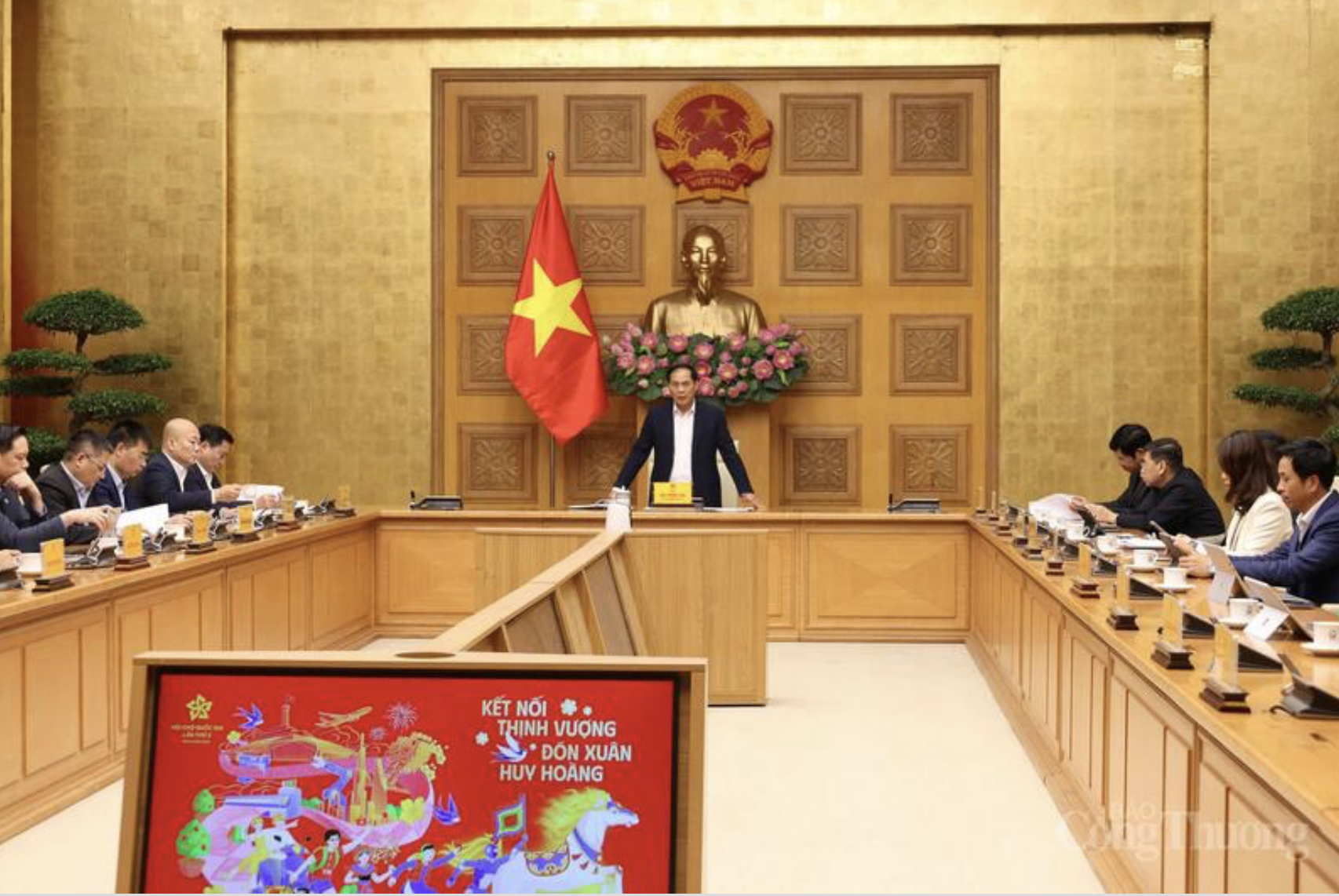
19:05 | 23/03/2025 16:58 | 09/01/2026News and Events
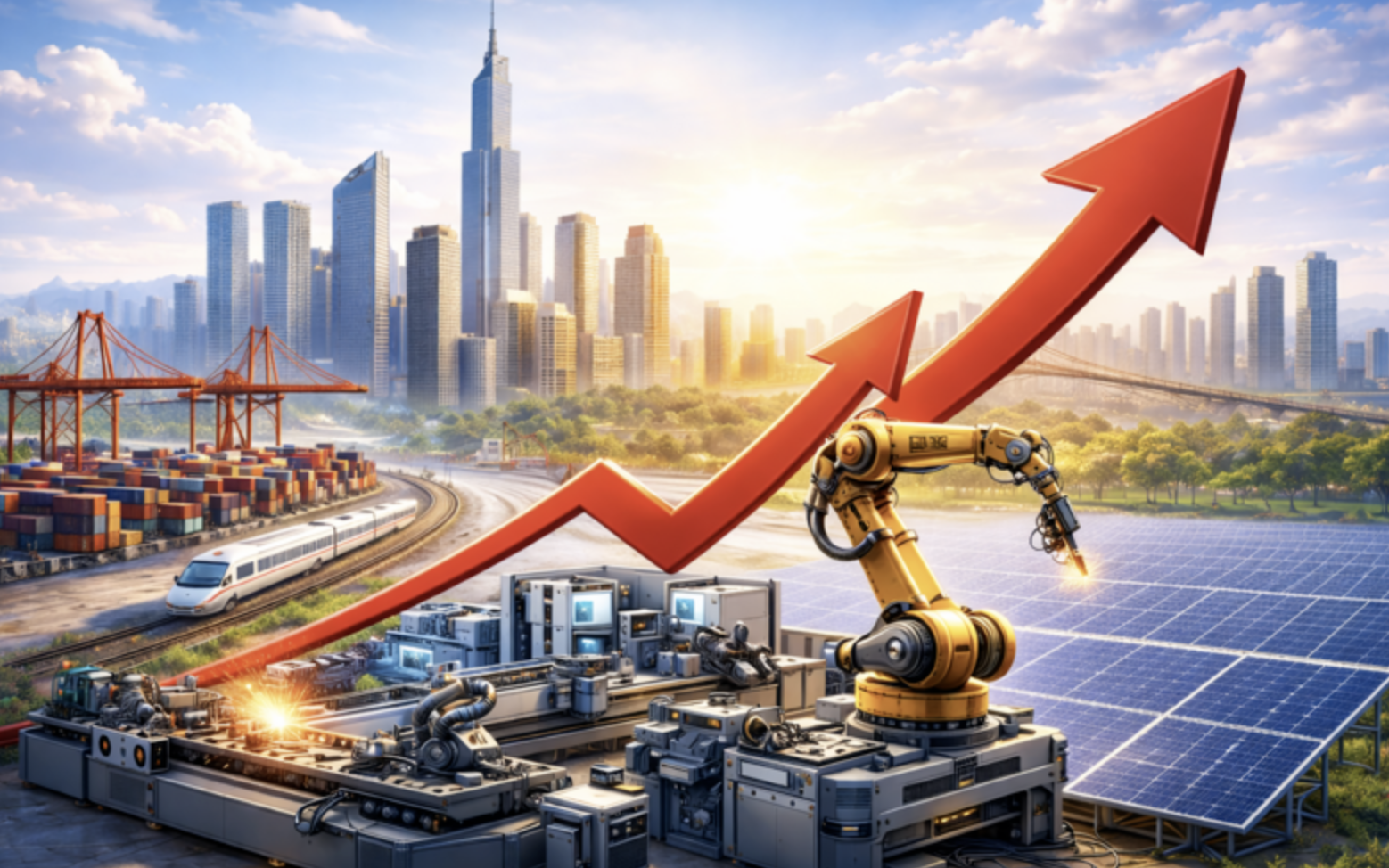
19:05 | 23/03/2025 12:08 | 09/01/2026Finance-Banking
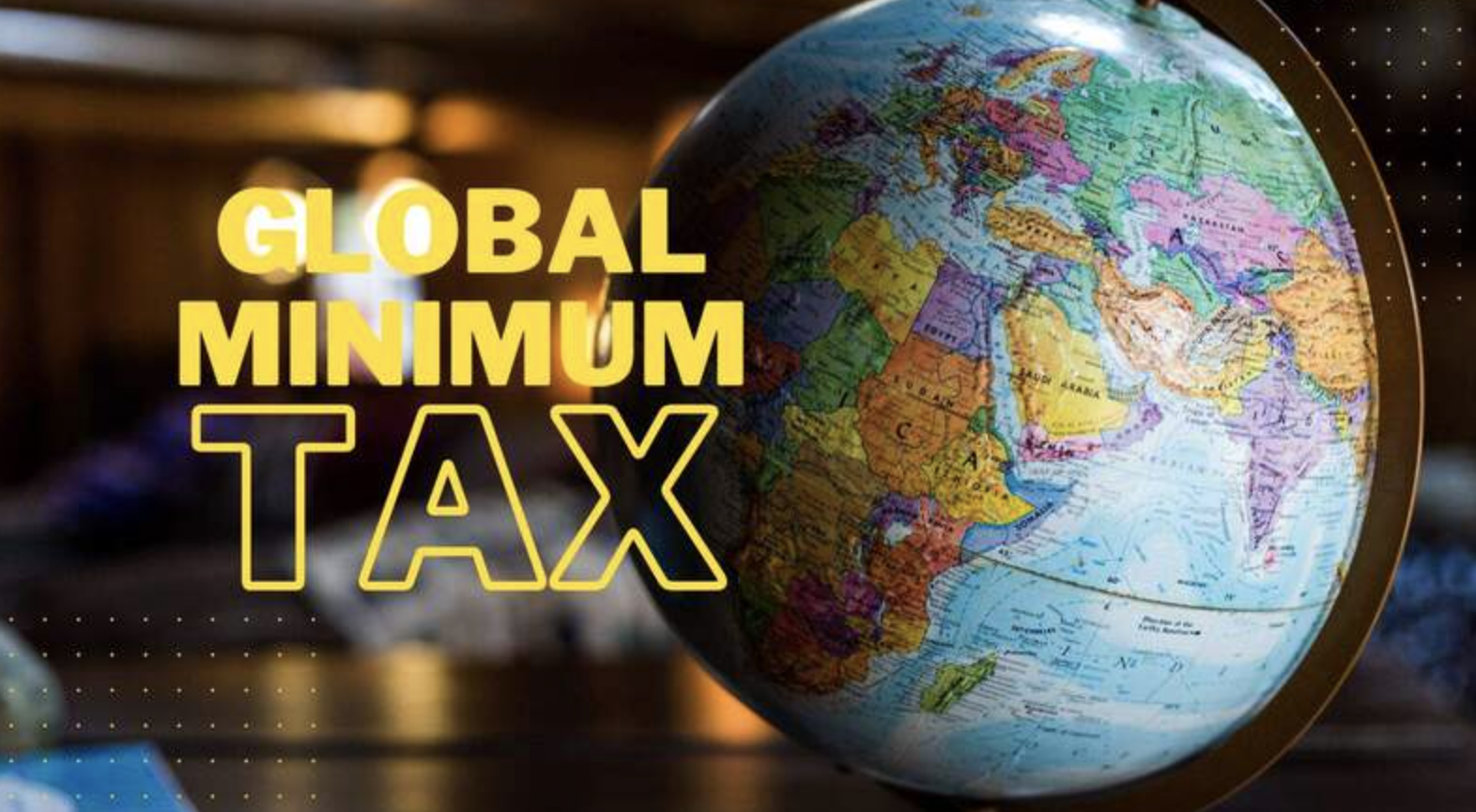
19:05 | 23/03/2025 11:55 | 09/01/2026Trade
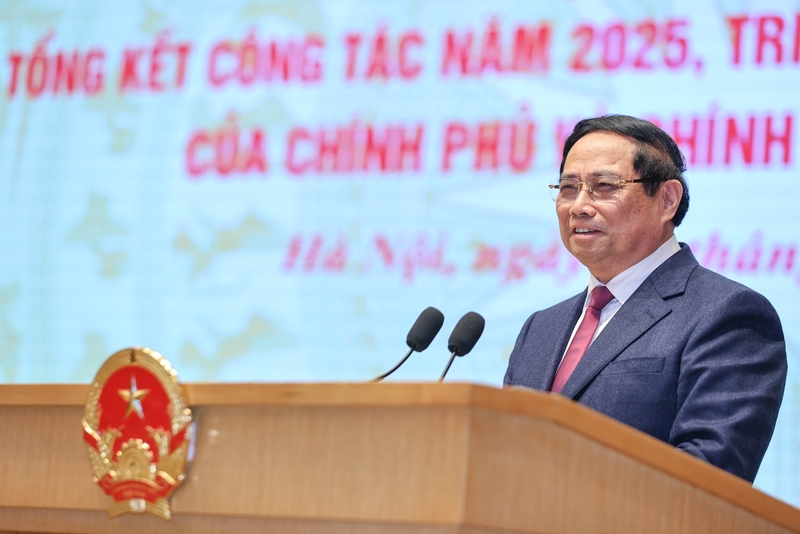
19:05 | 23/03/2025 11:50 | 09/01/2026Economy